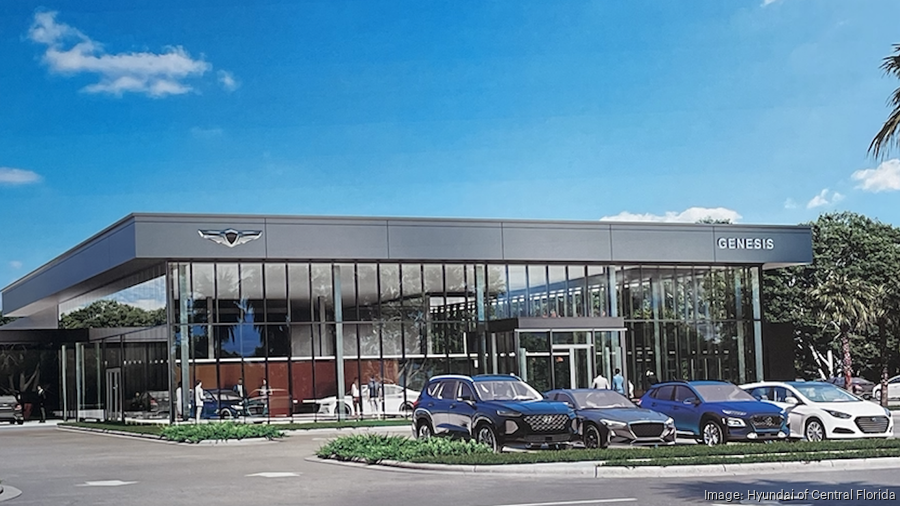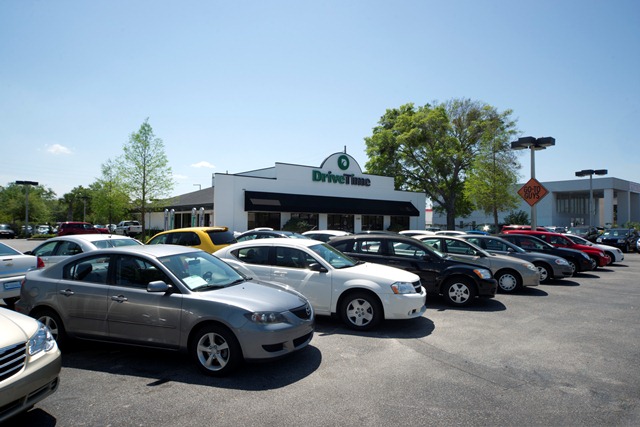Reinvent Your Driving Experience: Varsity Lincoln, Your Premier Lincoln Dealership!
Reinvent Your Driving Experience: Varsity Lincoln, Your Premier Lincoln Dealership!
Blog Article
Exploring the Small Print: What to Know Prior To Leasing a Vehicle
From concealed charges that may capture you off guard to mileage restrictions that can influence your everyday commute, being fluent in the details of a lease contract is vital. Let's decipher the layers of complexity that come with leasing a car to ensure you make an enlightened choice that lines up with your requirements and financial objectives.
Lease Terms
Understanding the lease terms is important before devoting to an automobile lease arrangement. These terms lay out the responsibilities and obligations of both the lessee and the lessor throughout the lease period. One key element to think about is the lease duration, which normally varies from 24 to 36 months. It is necessary to assess whether this timeframe straightens with your driving routines and future plans. In addition, familiarize on your own with the gas mileage restricts specified in the lease arrangement. Surpassing these restrictions can result in costly overage charges at the end of the lease term (varsity lincoln).
Additionally, the lease terms will certainly detail the maintenance demands for the vehicle. It is vital to recognize who is liable for repair and maintenance throughout the lease duration. Additionally, insurance demands and any type of prospective fines for early discontinuation ought to be plainly detailed in the agreement. By extensively examining and comprehending the lease terms, you can make an educated choice and stay clear of any type of surprises or misconceptions during the lease term.

Hidden Costs and charges
Upon settling the lease terms, it is crucial to look at the arrangement for any kind of potential hidden costs and costs that may impact the general price of the lease. These added prices can dramatically inflate what initially appeared like an excellent bargain. Some typical covert fees to watch out for consist of acquisition costs, disposition costs, excess mileage costs, deterioration charges, very early termination costs, and safety down payment charges.

Comprehending Mileage Restrictions
One vital element to consider when renting an automobile is the predetermined mileage limitation established by the leasing arrangement. Mileage restrictions define the optimum number of miles a lessee can drive the car every year without sustaining service charges. It is vital to thoroughly comprehend these restrictions as surpassing them can cause costly charges at the end of the lease term
Normally, lease arrangements supply gas mileage limitations varying from 10,000 to 15,000 miles annually, with options to buy added miles upfront at a reduced price. Lessees ought to precisely analyze their driving habits to select a suitable mileage limitation that straightens with their demands. Going over the agreed-upon mileage can bring about excess gas mileage fees, which are usually calculated per mile and can build up rapidly.
To prevent unexpected costs, lessees ought to monitor their mileage throughout the lease term and consider choices such as car pool or making use of public transport when nearing the restriction. Comprehending and sticking to the mileage limits described in the leasing agreement is important for a smooth and affordable leasing experience.
End-of-Lease Duties
As the end of the lease term methods, lessees should be prepared to meet their end-of-lease responsibilities immediately and in accordance with the leasing agreement. One vital obligation is making sure that the automobile is returned in excellent problem, thinking about regular damage. Most leasing agreements state details standards relating to the acceptable condition of the automobile at the end of the lease, and lessees may be economically liable for any too much damages.
Furthermore, lessees are typically called for to follow mileage limitations laid out in the leasing agreement. Surpassing these limits can cause excess costs that can include up quickly. To prevent unexpected costs, it is necessary for lessees to check their gas mileage and plan in advance as the end of the lease term approaches.
Finally, lessees need to recognize any type of end-of-lease charges that may apply. These can consist of personality fees, excess wear and tear costs, or any type of impressive settlements. By preparing and comprehending for these duties ahead of time, lessees can make sure a easy and smooth end to their leasing arrangement.
Insurance Needs
Understanding the insurance coverage requirements is necessary for lessees when leasing an automobile to make certain appropriate insurance coverage throughout the term of the lease. The majority of leasing companies typically require lessees to lug extensive and collision insurance coverage on the lorry. Comprehensive insurance covers problems not brought on by a collision, such as theft, criminal damage, or all-natural catastrophes. Collision insurance policy, on the other hand, covers damages resulting from an accident with an lincoln lease additional lorry or object.
Along with thorough and collision insurance coverage, owners frequently mandate specific liability insurance restricts that lessees must meet. Liability insurance coverage covers prices linked with bodily injury or residential or commercial property damage that the lessee may create to others while driving the rented car. Lessees ought to carefully assess the insurance policy demands laid out in their lease agreement to guarantee they are compliant.
Failing to maintain the essential insurance policy protection can lead to penalties or even the termination of the lease agreement. It is vital for lessees to communicate with their insurance policy provider to assure that they fulfill all the insurance demands specified by the lessor.
Conclusion
Finally, it is important for individuals taking into consideration leasing an auto to meticulously evaluate the lease terms and problems, recognize any hidden charges and costs, recognize mileage limitations, and plan for end-of-lease duties. Additionally, meeting insurance requirements is necessary to shield both the lessee and the owner. By being notified and recognizing these crucial facets, people can make knowledgeable decisions when leasing an auto.
Upon settling the lease terms and problems, it is crucial to look at the agreement for any type of potential hidden costs and charges that may affect the general cost of the lease.Procurement charges are billed by the leasing company for establishing up the lease, while personality charges are incurred at the end of the lease term. By thoroughly reviewing the lease arrangement for these hidden costs and costs, you can prevent unforeseen monetary surprises and make an extra informed choice when leasing an automobile.
Comprehending the insurance policy needs is essential for lessees when renting a cars and truck to make sure correct protection throughout the term of the lease.In final thought, it is crucial for individuals thinking about leasing a cars and truck to meticulously evaluate the lease terms and problems, be conscious of any kind of hidden fees and fees, comprehend gas mileage limits, and prepare for end-of-lease obligations.
Report this page